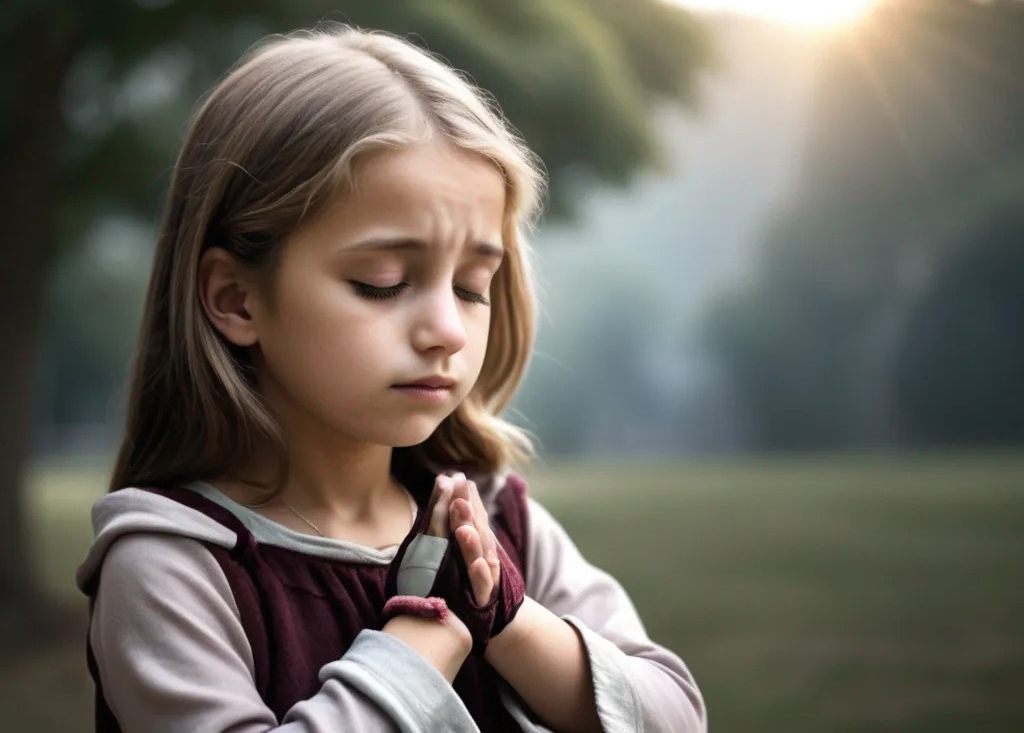Have you ever heard someone talk about seeing a shadow glide by at midnight or feeling a whisper in their ear even when no one was around? People believe in ghosts, spirits, karma, and invisible forces that can bless or curse them. But is spirituality a guiding light or just a dark corridor that we unknowingly step into, with no way out?

When Spirituality Becomes a “One-Way Street”
This article does not aim to dismiss personal beliefs, but rather encourages a balance between reason and faith, allowing you to enjoy life in a more well-rounded way.
1. Ghosts: A Hoax or a Real Fear?
For centuries, stories of ghosts and spirits have been woven into cultures worldwide. From the Yaksha demons in Buddhism to wandering spirits in folklore, humans have always been intrigued by the afterlife.
But what makes people believe in ghosts?
- Human psychology: When science fails to explain something, people turn to the supernatural to fill the gaps in their understanding.
- The collective psychology effect: When a ghost story is told repeatedly, it becomes a widely accepted “truth.” Psychologist Gustave Le Bon, in his research on crowd psychology, argued that people tend to accept collective beliefs without verification, especially those that trigger curiosity and fear.
- Pareidolia phenomenon: The human brain naturally perceives familiar faces and shapes, even when they don’t exist. This explains why people see “ghostly figures” in the dark or feel watched from a shadowy corner.
👉 But the crucial question is: Are ghosts real, or are they merely the product of imagination? Without belief, do ghosts still hold any power?
2. Karma: Cause-and-Effect or an Invisible Punishment?
Buddhism emphasizes the law of karma: you reap what you sow. But sometimes, people misunderstand or misapply this principle.
- Some believe that stealing an egg in a past life means being reborn as a chicken to repay the debt.
- Some think that all suffering is the result of past-life karma, instead of taking control of their present lives.
Psychologist Melvin Lerner, in his study on the Just-World Hypothesis, found that people tend to believe the world is inherently fair—if someone is suffering, they must have done something to “deserve” it. But in reality, life doesn’t operate in a strict, linear way.
👉 Bottom line: Karma is not a rigid formula; it’s a reminder of how we choose to live each day. If we just sit and wait for karma to play out without taking action, aren’t we just sitting in a waiting room for punishment from some unseen force?
3. Deities and Folk Beliefs: Salvation or a Contract of Faith?
From sacred temples to Mother Goddess shrines and Earth Deity altars, spirituality has always played a significant role in various cultures. But have you ever asked yourself:
- Do deities truly help people, or do people create deities through belief?
- Are we worshiping out of reverence, or are we simply “negotiating” with the invisible world?
Anthropologist Pascal Boyer, in his book Religion Explained, suggests that belief in deities is a part of how humans process information—our brains naturally assign meaning to random events and seek supernatural explanations for things we don’t fully understand.
Some people pray for love at temples, but if they never open their hearts, will love ever come? Others offer tributes for wealth, but without hard work, will money really fall from the sky?
👉 The reality: Deities can be a spiritual support, but if faith turns into a “transaction” of requests and rewards, is spirituality still enlightenment—or just a maze of conditional exchanges?
4. When Spirituality Becomes a “Dead-End” for Reason
There is a fine line between spiritual belief and blind superstition.
- Belief is when you find inner peace.
- Superstition is when you rely on the unseen to dictate every aspect of your life.
👉 Signs of blind superstition:
❌ Believing that rearranging your bed direction can change your fate.
❌ Blaming all failures on ancestral spirits, feng shui, or past-life karma instead of self-improvement.
❌ Being so fearful that you refuse to act without checking for an auspicious day and time.
Behavioral economist Daniel Kahneman, in Thinking, Fast and Slow, described two thinking systems in the human brain:
- System 1 (Fast, intuitive thinking): Reacts instinctively, often influenced by belief and emotion.
- System 2 (Slow, analytical thinking): Processes information logically and rationally.
Superstition primarily triggers System 1, making us believe in the mystical without requiring concrete evidence.
So what should we do?
✅ Keep an open mind: Respect beliefs, but don’t let them control your life.
✅ Balance spirituality with reason: If you believe in positive energy, use it to take action, not just to pray.
✅ Don’t turn spirituality into a “protective charm” to escape responsibility for your own life.
How Do You Choose to Believe?
Spirituality can be a guiding light, but it can also be a trap of blind faith. The key question is not whether you believe, but how you choose to believe.
🔮 Do you believe to find peace, or do you believe to avoid reality?
🌓 Do you believe to grow, or do you believe to blame past karma?
🔥 Do you believe to take action, or just to wish for miracles?
The answer isn’t found in books or legends—it’s found within you.
So, how will you choose to believe: With reason, or with a little… blind faith? 😏
